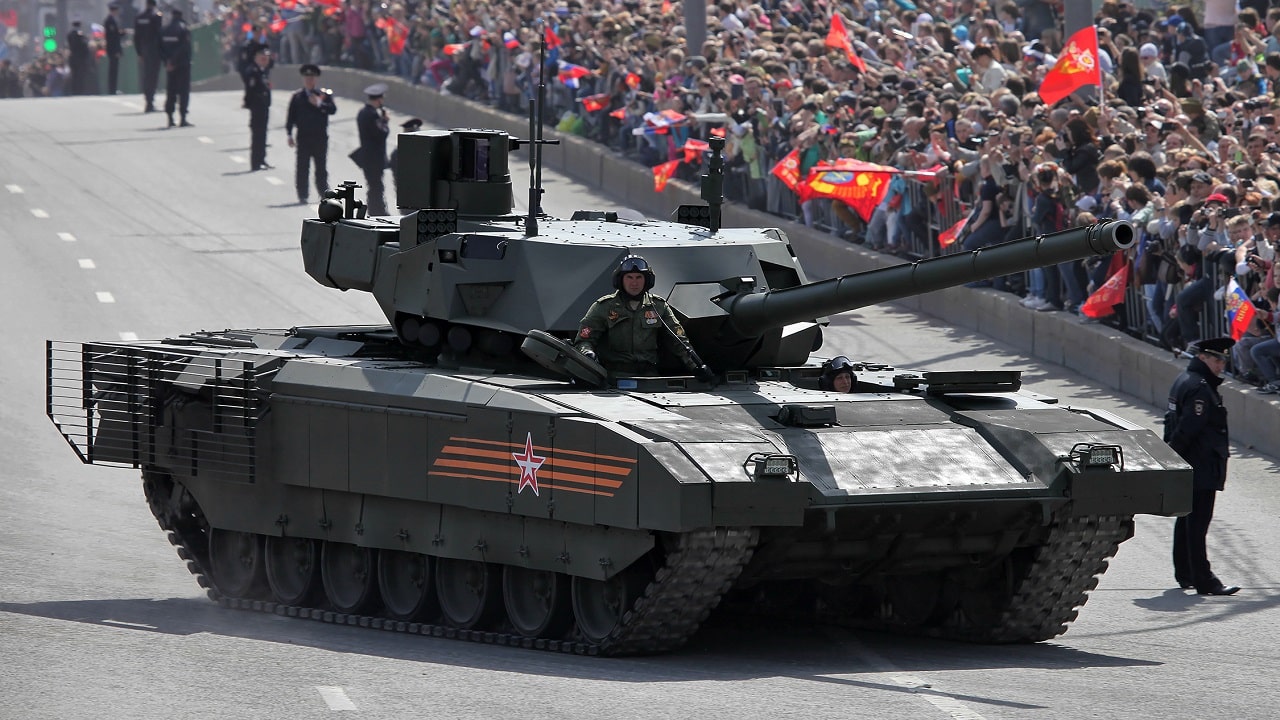Think End States in Russia, not Ukraine: As the war in Ukraine approaches its first anniversary, and as Russian forces continue to press forward along the front line, questions about Ukrainian resilience going forward and what the final settlement of the war will look like remain front and center of Western commentary and analysis.
We worry about Ukraine’s breaking point, its ability to continue resisting – though President Joe Biden’s visit to Kyiv and his subsequent trip to Warsaw surely provided a boost to morale at the frontlines in the East. Still, little attention has focused on what might happen in Russia in the wake of this incredible folly committed by Putin last February. One question that ought to be on everyone’s mind is: where is Russia heading?
What Putin Wants and What History Teaches
Putin’s Russia is re-litigating 1991 – in that sense, it is another aspirational empire, much like interwar Germany – still convinced that the Russian people can reclaim their imperial place in the sun once the treachery of its politicians has been expunged. Putinism is much like the Dolchstoßlegende narrative during the Weimar Republic insofar as there is a sense among the citizenry that the Russian military never lost against the West, but was subverted by politicians – cowardly Gorbachev, drunken Yeltsin, you name it.
This imperial resentment gave Germany Adolf Hitler and a war that lit Europe on fire and which did not end until the back of German imperialism was finally and unequivocally broken. At a risk of over-rationalizing history, this is where Russia is today.
Putin’s claim that he is restoring the great Russian people, velikiy russkiy narod, follows the same tropes of resentment and entitlement to empire that Europe endured in the mid-20th century when Germany was intent on re-litigating Versailles.
And if Europe is to know lasting peace, the Russian armies that have raced into Ukraine must be unequivocally defeated in such a way that it shatters all illusions of Russian empire in the minds of Russian citizens.
The World Is Watching Ukraine
Much is riding on the outcome of the war in Ukraine because it is a system-transforming war, one which will re-align power distribution not just in Europe and in Eurasia, but also in the Indo-Pacific; make no mistake, Beijing is watching intently for any sign of US weakness and lack of resolve to see this war through to victory, for both Ukraine and the West.
The patriotism of the Ukrainian people and their heroic resolve to fight is dismantling the two-frontier trap that Russia together with China has sought to create for the United States.
It is not just about doing the right thing by supporting Ukraine in its fight for freedom and independence. It is also about a simple geostrategic calculus and the vital interests of the United States and Europe: In Ukraine a non-NATO army is grinding down the Russian land force on non-NATO territory, in the process buying us all time and re-sequencing the threat when it comes to the Chinese bid for hegemony. For this reason alone, Ukraine deserves our full and unqualified support.
And let me add that morally and ethically, supporting a country that has been attacked by a stronger neighbor simply because it wanted to be free of Russian domination is the right thing to do.
The End of Russia?
Let’s understand that the Russian Federation of today is not the Soviet Union of yore. It is a middle-grade Eurasian power whose economy doesn’t even come close to the great powers of today, and one which – except for its nuclear weapons – has few reasons to stake a claim to be among the premier powers of the world. And let’s remember that historically Russia always succumbed to centrifugal forces each time it suffered a defeat on the battlefield – this happened in 1905 after it lost to Japan, in 1917 after it lost to Germany in Europe, and then again in 1991 after it lost to the United States at the end of the Cold War.
It’s worth remembering that while in 1913 the Russian imperial court celebrated three hundred years of Romanov rule, with unparalleled pageantry in St. Petersburg and across the country, a mere four years later the country was wracked by two revolutions, while the great emperor Nicolas II and his family were butchered by the Bolsheviks. The empire was no more.
If we support Ukraine with main battle tanks, long-range fires, and modern fighter aircraft, the Ukrainian military will be in a position to defeat the Russian army. In the wake of such a defeat the Russian Federation – what Lev Dobriansky described as a modern-day “prison of nations” – will likely implode.
It is high time we grasp that the disintegration of the Russian Federation – while admittedly fraught with risk – may in fact happen, for until and unless the Russians figure out how to become a “normal state,” Europe and the world will know no peace.
The war in Ukraine, which in hindsight will likely be seen as Putin’s ultimate folly, is not only a test of Western resolve and a promise of a better world for Ukraine, Belarus and Eastern Europe writ large.
Assuming Russia is unequivocally defeated in Ukraine, it may also offer Russians a chance at a brighter future.
Author Expertise and Experience
A 19FortyFive Contributing Editor, Andrew A. Michta is Dean of the College of International and Security Studies at the George C. Marshall European Center for Security Studies in Garmisch, Germany and a Nonresident Senior Fellow at the Scowcroft Strategy Initiative in the Atlantic Council’s Scowcroft Center for Strategy and Security.
The opinions expressed here are those of the author and do not reflect the official policy or position of the George C. Marshall European Center for Security Studies, the U.S. Department of Defense, or the U.S. government.

